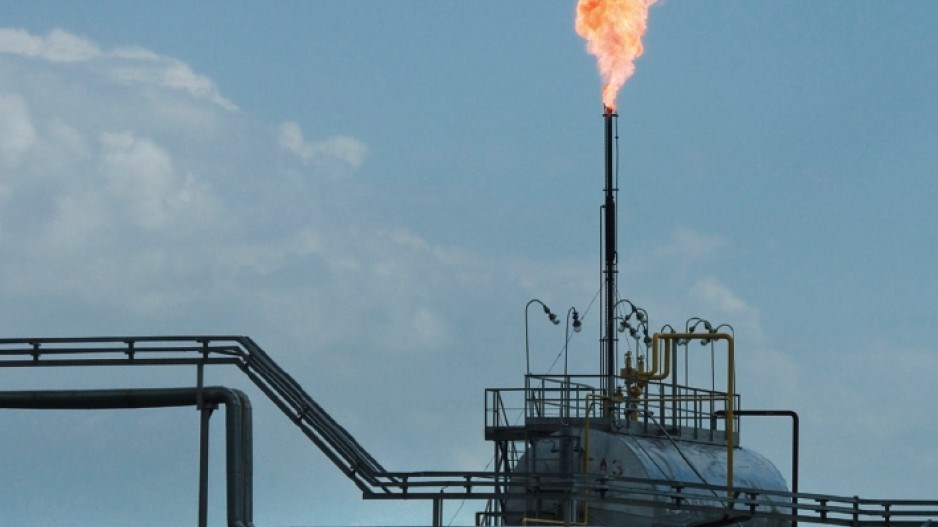Sectors that are both high emitters and vulnerable to trade competition represent just 5% of Canada's GDP, making the risk of a carbon tax manageable, according to a new report from Canada's Ecofiscal Commission.
“It’s very important to think about designing a carbon price system that takes seriously the competitiveness challenges,” said Chris Ragan, chair of the commission.
Certain high-emission sectors like oil and gas and cement could be at a competitive disadvantage if they have to pay a carbon tax, but their competitors in other countries don’t have a similar tax.
The report compared provinces and found that Alberta and Saskatchewan are most exposed to competitiveness challenges, with 18% of those provinces’ respective GDP being “more exposed” to being put at a disadvantage from a carbon tax. But just 5% of B.C.’s GDP, 2% of Ontario's GDP, and 1% of Quebec's GDP, would be vulnerable to competition.
"The first lesson that comes from this is that 70% of the economy is [low-emitting] services,” Ragan said.
“The overwhelming majority of a developed economy is services.”

The B.C. sectors that have high emissions and also face a lot of competition from global trade include cement and lime production, oil refining, aluminum smelting and natural gas.

“These are ones we have to think about, but the interesting thing is that they’re all very small as a share of GDP, which means dealing with them is actually easy,” Ragan said.

Policy makers can design short-term strategies, like temporary assistance to those sectors, to mitigate the hit from competition, Ragan said.
Alberta is expected to release tougher rules on carbon emissions soon. B.C. has had a $30 a tonne carbon tax in place since 2008, and is also working on updating its emissions policies.
@jenstden




